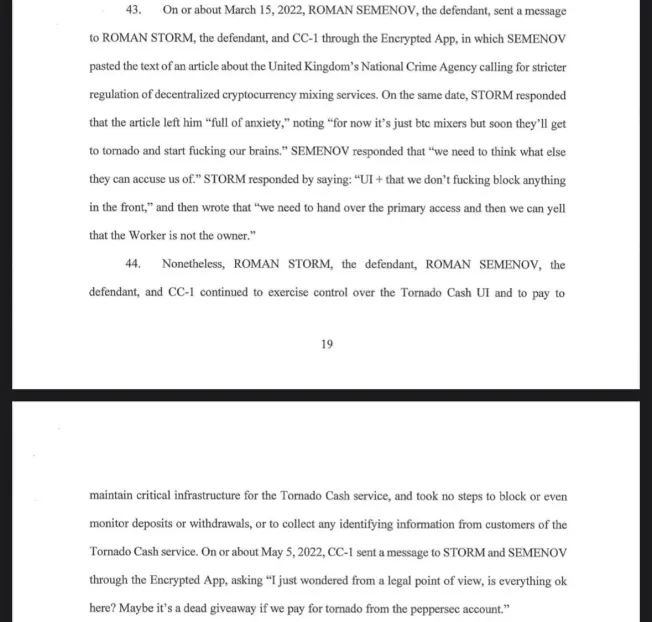

It depends on how much lawn you have, too. If you’re sitting on a quarter acre (1000 square meters), then just mow it. You don’t want bug habitats literally on top of your house.
If you have five acres, you can probably leave a good chunk of it as natural. Mow the stuff closer to your house, and whatever you want to be able to use, and leave the rest. Maybe take a scythe to it every once in awhile.







It’ll be like Katrina. Probably in Florida at first. Probably in the next ten years. Probably more than once.